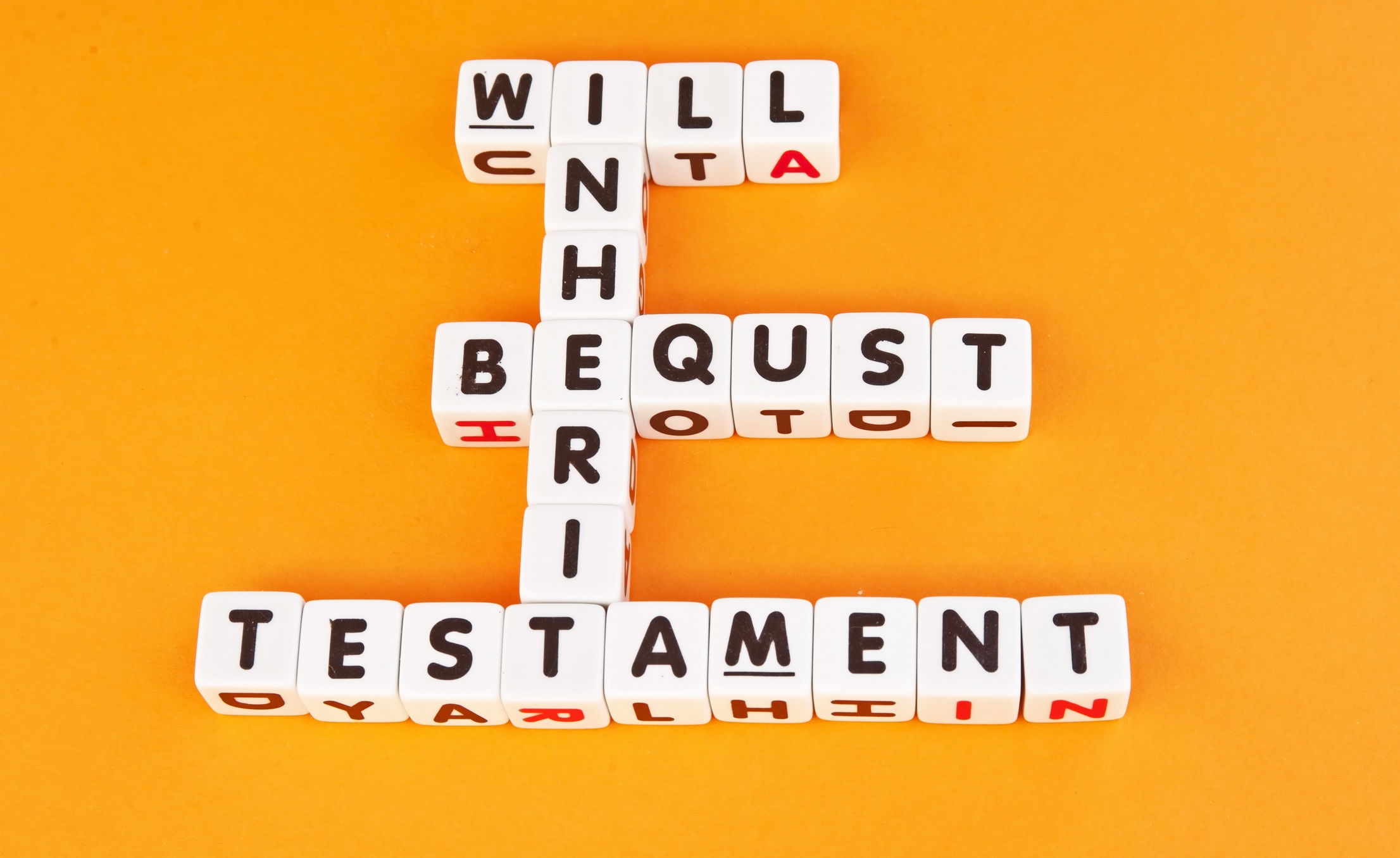
It’s no secret that estate planning can be quite technical in nature. A large part of navigating this is understanding key terms. For instance, many people assume that the terms “heir” and “beneficiary” are interchangeable, but it’s key to understand that they’re two distinct entities.
An Heir
When you hear the word “heir”, you’re probably inclined to think that it’s tied to inheritance among family. This is indeed true, but there are key details to take note of. The word is typically used to refer to individuals who are automatically entitled to inherit assets due to familial or blood relation, especially in cases where there is no will and assets are distributed via local intestacy laws. Heirs may be direct blood relatives such as children, siblings, parents, aunts, or uncles, but the most direct heir is often the surviving spouse. It also includes adopted children. If no direct relatives are found, the nearest heir may be a distant relative.
A Beneficiary
While an heir is entitled to property by nature of marital, adoptive, or blood relation, a beneficiary is quite different. The term simply refers to individuals or entities who receive a transfer of property by means of a legal apparatus such as a will or trust. Whether the property is a house, an heirloom, or a retirement account, the entity designated to receive it through a will or trust is a beneficiary. This can be a person, an organization (such as a company, charity, or church), or every once in a while, even a pet. The grantor of a revocable trust is also a beneficiary, even though they are in charge of transferring property.
Why It’s Important
Knowing an heir from a beneficiary will help keep you prepared in a number of ways. For instance, it’s particularly important to bear in mind that being a blood relative does not guarantee someone an inheritance if there is a will, as the distribution of assets will depend primarily on the document. Meanwhile, depending on local spousal rights laws and other circumstances, if a beneficiary is named in a will to receive assets, some of those assets could be claimed by the spouse regardless of whether or not the spouse is in the will. Ask your estate planner how you can ensure that your wishes are met.
At MacMillan, we take a dynamic and comprehensive approach to the organization and settling of your estate. Not only do we have an acute understanding of the details, we also look at the bigger picture. Get in touch today and you’ll be on your way to a powerful and dependable plan.




